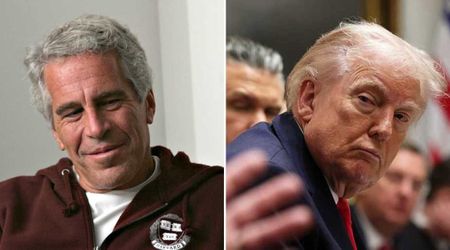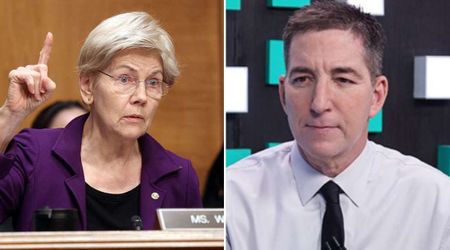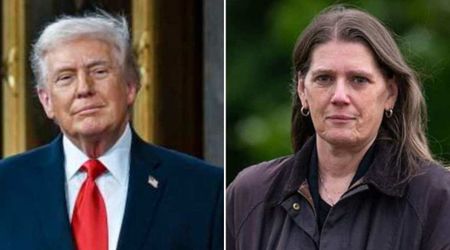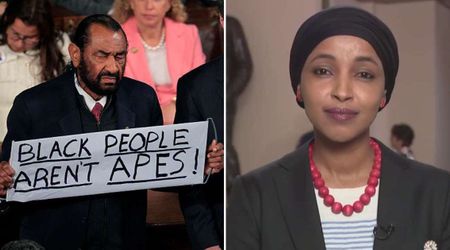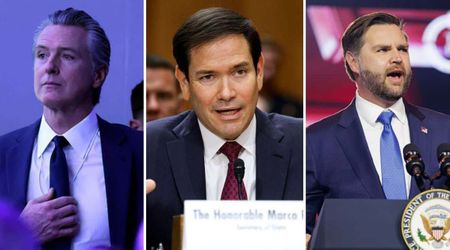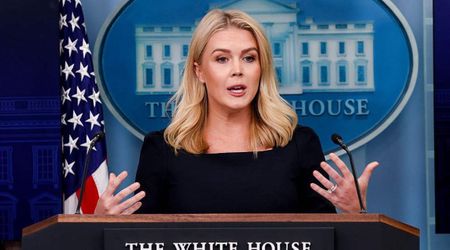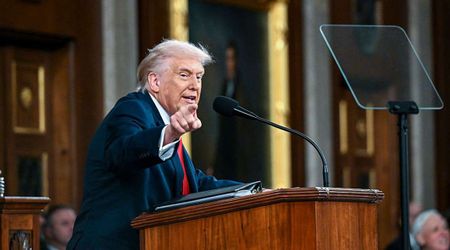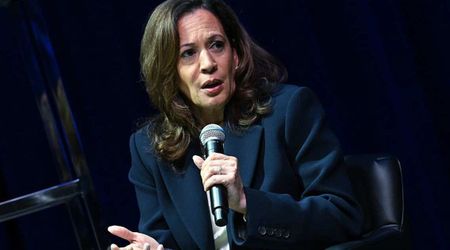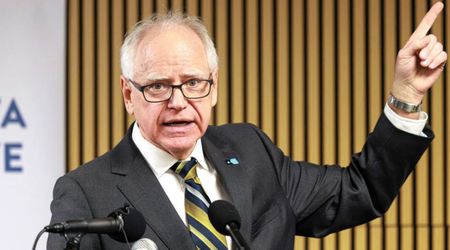Fact Check: Does US Constitution allow president and VP to be from same state?

WASHINGTON, DC: President Joe Biden's exit from the 2024 White House race, passing the baton to Vice President Kamala Harris, led to mounting speculation on who would be the running mate of the new Democratic presumptive nominee.
Out of many speculated nominees, a prominent one was California Governor Gavin Newsom. However, some social media users deemed a Harris-Newsom ticket would be constitutionally impossible because both are California residents, and the US Constitution prohibits a president and vice president from the same state.
Concerns raised about possibility of Harris-Newsom ticket for 2024 race
Fact-checking website Snopes cited the reactions of netizens who signaled the impossibility of Gavin Newsom becoming Kamala Harris's vice presidential pick, citing constitutional obstacles.
Journalist Aaron Rupar's July 22 post on X (formerly Twitter) displayed a Fox News screenshot with names of possible running mates of the vice president. Besides Newsom, it included eight other Democrats like Michigan Governor Gretchen Whitmer, Kentucky Governor Andy Beshear, and Maryland Governor Wes Moore.

However, one user remarked, "Although Gov Gavin Newsom could be a great president, the Constitution does not allow him to be the vice presidential running mate of Kamala Harris because they are both from the same state."
According to details in the National Archives, in past presidential elections, no major party in the history of the United States ever nominated the president and vice president from the same state.
Fact Check: US Constitution allows president and vice president from same state
The US Constitution does not bar any party from a single-state ticket.
However, no party would opt for this due to a provision in the 12th Amendment that encourages the selection of the president and vice president candidates from two different states to prevent a unique issue in the event of a close race. Any party, therefore, chose residents from different states for the ticket besides the added benefit of representing a broader voter demographic.
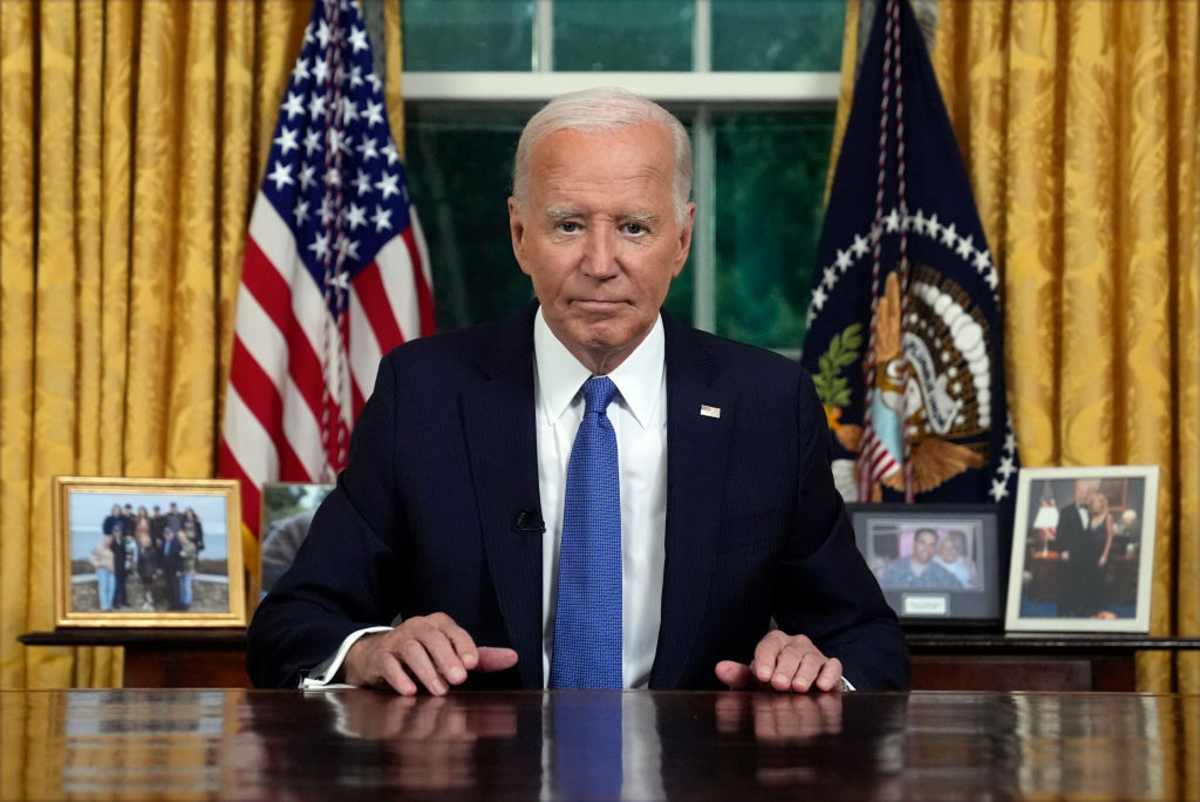
According to the Constitution, the 538 electors of the Electoral College conduct a "true" presidential election in the country. The 50 states and Washington DC designate the needed number of electors proportionate to their number of congressional members. For instance, New York has 28 Electoral College votes for the 26 House representatives and two Senators.
Each party would appoint its electors to represent the ticket. After the general election in November, the party that won the popular vote would send their electors to cast their votes in the Electoral College.
Why are president and vice president candidates chosen from different states?
Political parties refused to choose residents of the same state for the ticket due to the existence of the 12th Amendment that was added to the Constitution in 1804. The 538 electors would vote for the president and vice president as per the rules of this Amendment, where an elector has one vote for the president and one for the vice president.
If the candidate gets a majority, the person would be elected; however, in the event of no majority for either candidate, the House of Representatives would vote for the president and the Senate for the vice president.

However, the 12th Amendment restricts an elector from voting for two persons from the same state. They are mandated to vote for one candidate who is from a state different from their home state.
Therefore, in the case of a likely Harris-Newsom ticket, both Californians, the Sunshine State's 54 electors, would not be allowed to vote for both of them, i.e., they could either vote for Harris for president or Newsom for vice president.
Since both votes are tabulated separately, in the event of a close election, it would lead to a president from one party and a vice president from another. Therefore, unless the party wins a landslide or leaves the vice president's decision to the Senate, no one would risk nominating the president and vice president from the same state.

